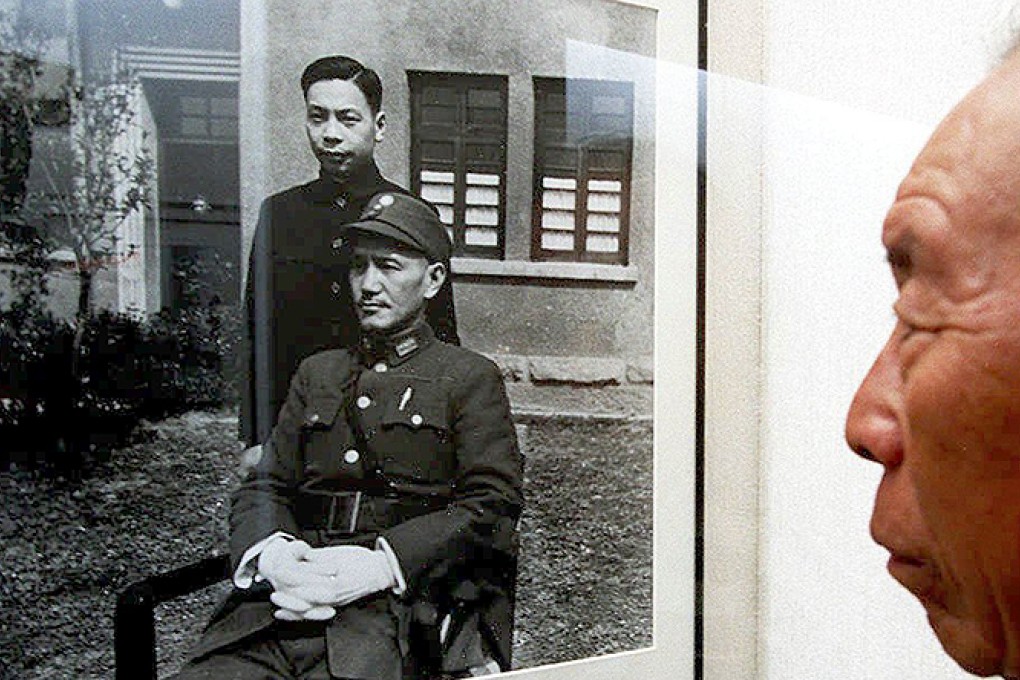Who is the greatest Chinese leader of the past century?
Kerry Brown says the underrated Chiang Ching-kuo probably most deserves the accolade

With Xi Jinping dreaming of a Chinese renaissance and Ma Ying-jeou battling for final support for a landmark services trade deal with the mainland that might make or break his legacy, perhaps now is a good time to ask who in the Greater China area will be rated well in the decades ahead.
Who is the best leader the region has had over the past 100 years, that can set a sort of benchmark for modern leaders to emulate? Americans undertake this sort of survey of their presidents every few years. Usually, Abraham Lincoln or George Washington come top. In the UK, post war, Clement Attlee usually gets the highest marks. How about Greater China? How do we rank the leaders there?
Sun Yat-sen would be a first choice for many: founder of modern Chinese nationalism, the first real leader to articulate some sense of China's modern identity, and one of the leading forces behind the establishment of the Republican era. But Sun's main weakness would be a failure to truly deliver anything, despite his emotional appeal. President for merely a month, he was too peripatetic to rank as a great leader, and he would be too idiosyncratic to copy.
For many on the mainland, their vote would go to Mao Zedong . Winner of the civil war, ruler of China from 1949 till his death in 1976, he regarded himself on a par with the greatest leaders of the past. But historians are proving less charitable, even in China, and his legacy, however impressive, is likely to remain contentious. His signature schemes, from the Great Leap Forward to the Cultural Revolution, were marred by vast human suffering. It is likely that he will be recalled more as a dictator than a positive historic force.
Does that mean that Chiang Kai-shek needs to carry the vote? Chiang has undergone an impressive rehabilitation in recent years, internationally and on the mainland. He is regarded as the leader who led the main Chinese armies to fight against staggering odds with the Japanese and prevailed. Oxford historian Rana Mitter, in a recent book, has made a powerful case for why Chiang should get a better rating.
But Chiang's failure to win the civil war from 1946, the corruption and economic mismanagement of China under his rule, and the brutal suppression of rebellion in Taiwan in 1948 are hard to ignore. Like Mao, Chiang will be an important historical figure, but it is hard to see him being accorded the label of greatness.